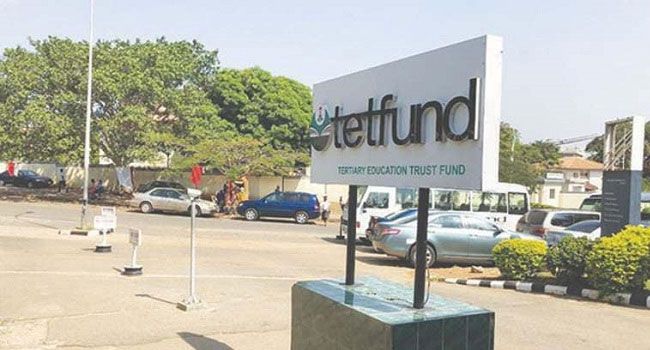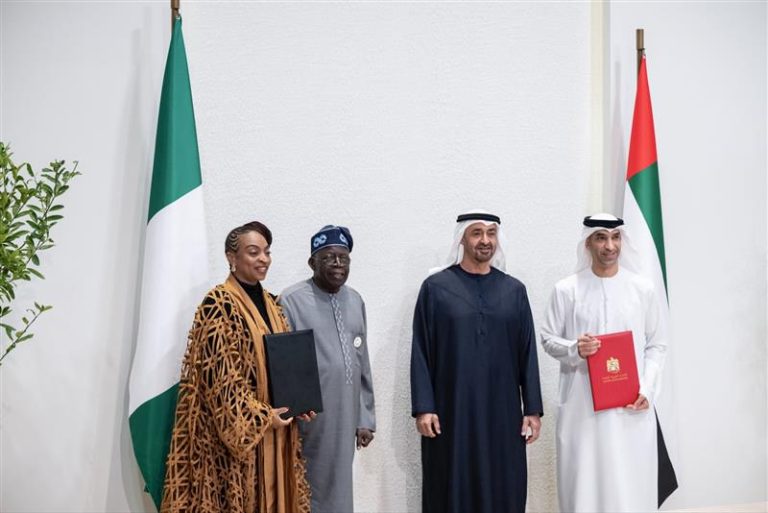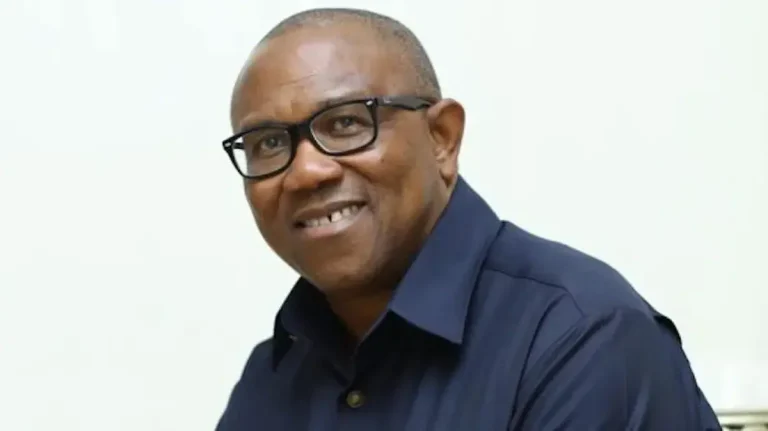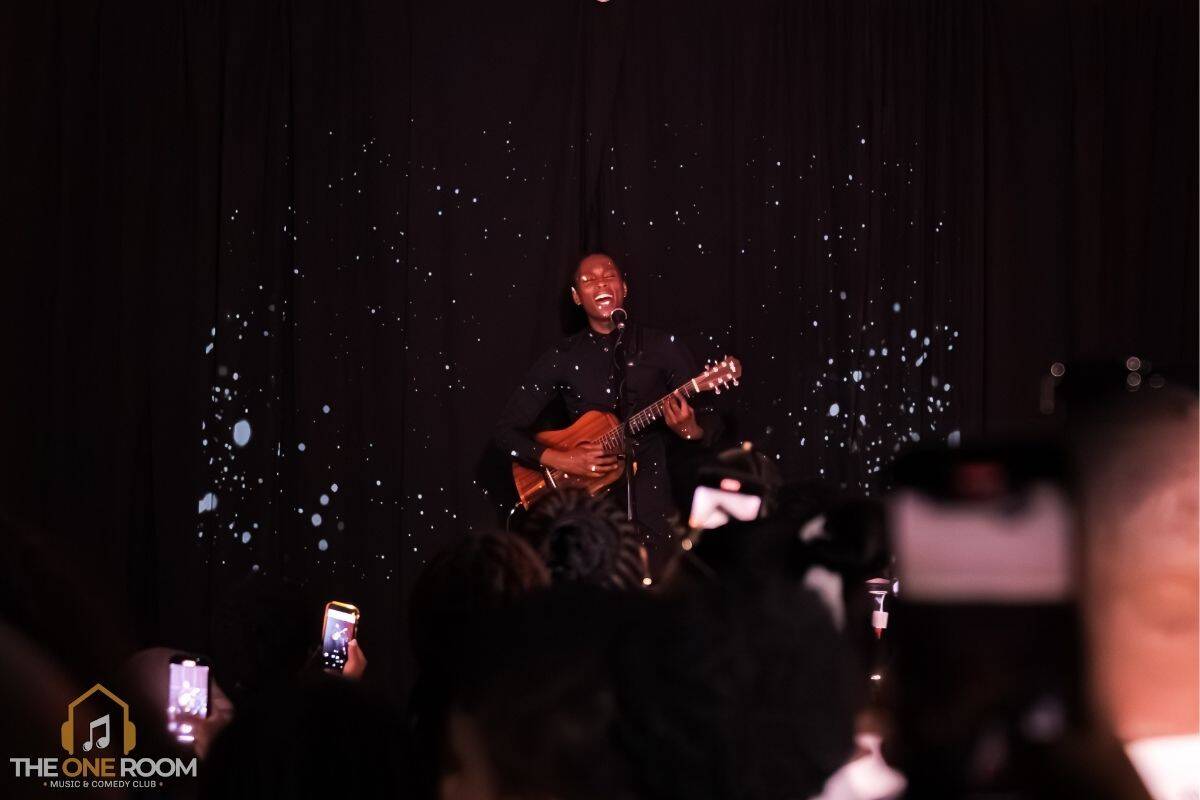
South Africa’s biggest metros — Johannesburg, Cape Town, and eThekwini — are prioritised by artists when touring because they have venues that can accommodate them.
However, other parts of the country also have talented artists who need support but lack adequate venues to showcase their work.
Gqeberha’s The One Room is one of those venues outside Gauteng, KZN, or the Western Cape that caters for artists.
The One Room was officially opened in 2021 by One Blood Sound, which has been operating since 2010 in event management and film production.
Speaking to The Citizen, One Blood Sound and The One Room founder Nomakwamazi Dewavrin said the venue was born from a desire to reconnect people through live performance after long periods of isolation.
“The name ‘The One Room’ came naturally — it began as a single room partitioned for live performances, with a licensed bar and outdoor smoking area,” said Dewavrin.
The venue is the only private black-owned live music venue in Gqeberha.
“Today, The One Room has grown into a respected intimate music and comedy club in the heart of Gqeberha’s historic Richmond Hill. It serves as a source of income for local artists and plays an active role in audience development, helping local art thrive beyond our walls,” said Dewavrin, who is also a filmmaker.
ALSO READ: Gayton McKenzie says he has ‘overwhelming reasons’ to dissolve Market Theatre Foundation council
Not enough venues
In February 2020, the South African Cultural Observatory released a report titled The Role of Live Music Venues in Promoting and Developing South African Artists.
The report aimed to determine the extent to which live music venues contribute to the economic well-being of local artists and their role in promoting and developing them.
ALSO READ: Kelly Khumalo cancels her 20th anniversary event
The report found that there aren’t enough live music venues that host regular live performances.
It said the situation is worse in rural areas, as there appears to be a disproportionate concentration of active venues in Gauteng and the Western Cape.
Importance of the venue
In provinces such as KwaZulu-Natal and the Eastern Cape, artists are struggling to find spaces to perform. Interview data show that most artists perform in restaurants, bars, and taverns.
Most of these venues are poorly equipped, as they were not designed for live music performances.
In addition, they lack sufficient equipment, such as a sound system and instruments; hence, artists are often forced to bring their own.
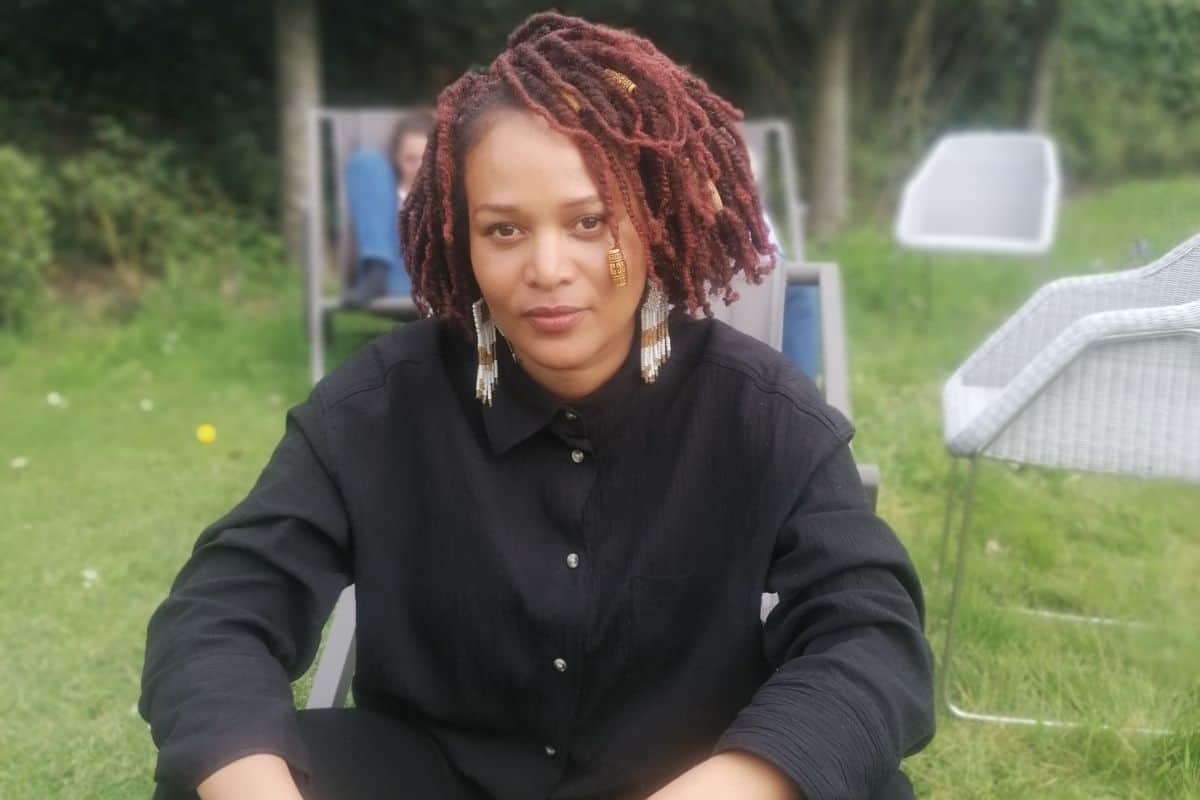
“A place like the One Room is particularly important in a city like Gqeberha in the Eastern Cape, where the population’s disposable income is much lower than in Joburg, Cape Town or Durban,” Dewavrin said.
“This means that there is a lot less money circulating in the local creative economy, thus making the cultural scene a lot smaller, with fewer venues and a budget for entertainment.”
The entrepreneur said Amapiano DJs primarily dominate the club scene in Gqeberha.
“In addition, the city is still divided along racial lines, and the very few privately owned live music venues are almost exclusively white owned, making it more challenging for artists from the township to access.”
Dewavrin said The One Room’s impact goes beyond entertainment but sustains year-round cultural activity in a city known for large, seasonal festivals.
“When the festival stages go quiet, we remain a beacon for musicians and comedians to perform and earn an income,” she said.
The venue is situated in one of Gqeberha’s heritage suburbs, Richmond Hill, which Dewavrin says has a network of local businesses keeping the area vibrant and safe.
“To continue this contribution, we seek investment in both creative and infrastructure development to build a sustainable future for young South Africans in the arts.”
Some of the challenges the venue faces include educating the Gqeberha audience.
“It is very difficult to get the Gqeberha audience to pay R150 or R200 for a quality production that is made up of Port Elizabeth artists. We are actively trying to change this by consistently delivering quality shows, whether with local or national artists,” said Dewavrin.
ALSO READ: Bittersweet: Scandal! hits 5 000-episode milestone after being canned by e.tv
Dewavrin the filmmaker
While operating The One Room, Dewavrin also works as a filmmaker.
She shared that she recently finished shooting a feature film starring Alice Krige, based on Professor Eskia Mphahlele’s book Mrs Plum, which will be released next year.
“It took me three years to build The One Room before taking a short sabbatical to focus on shooting and editing the film. With that now complete, I’ve slipped right back into the rhythm like I never left, thanks to the amazing One Room team that keeps things running with heart and dedication.”
Through her filmmaking, Dewavrin records and preserves performances at The One Room.
With backing from the Mzansi Golden Economy (MGE), The One Room has curated shows for the coming months.
The venue has, in the past few weeks, hosted Nathi Mankayi alongside MXO, backed by some of Gqeberha’s finest musicians, and Bongeziwe Mabandla also performed recently as part of his solo tour.
Andile Yenana, Siphokazi, and Brenda Mtambo are among the artists expected to hit The One Room stage.
“These events show exactly why we need to grow our capacity. Artists are coming, audiences are responding, and the energy in Gqeberha is alive again.”
NOW READ: ‘Rainbow-washing’: Conflict within LGBTQIA+ community stains Pride celebrations

